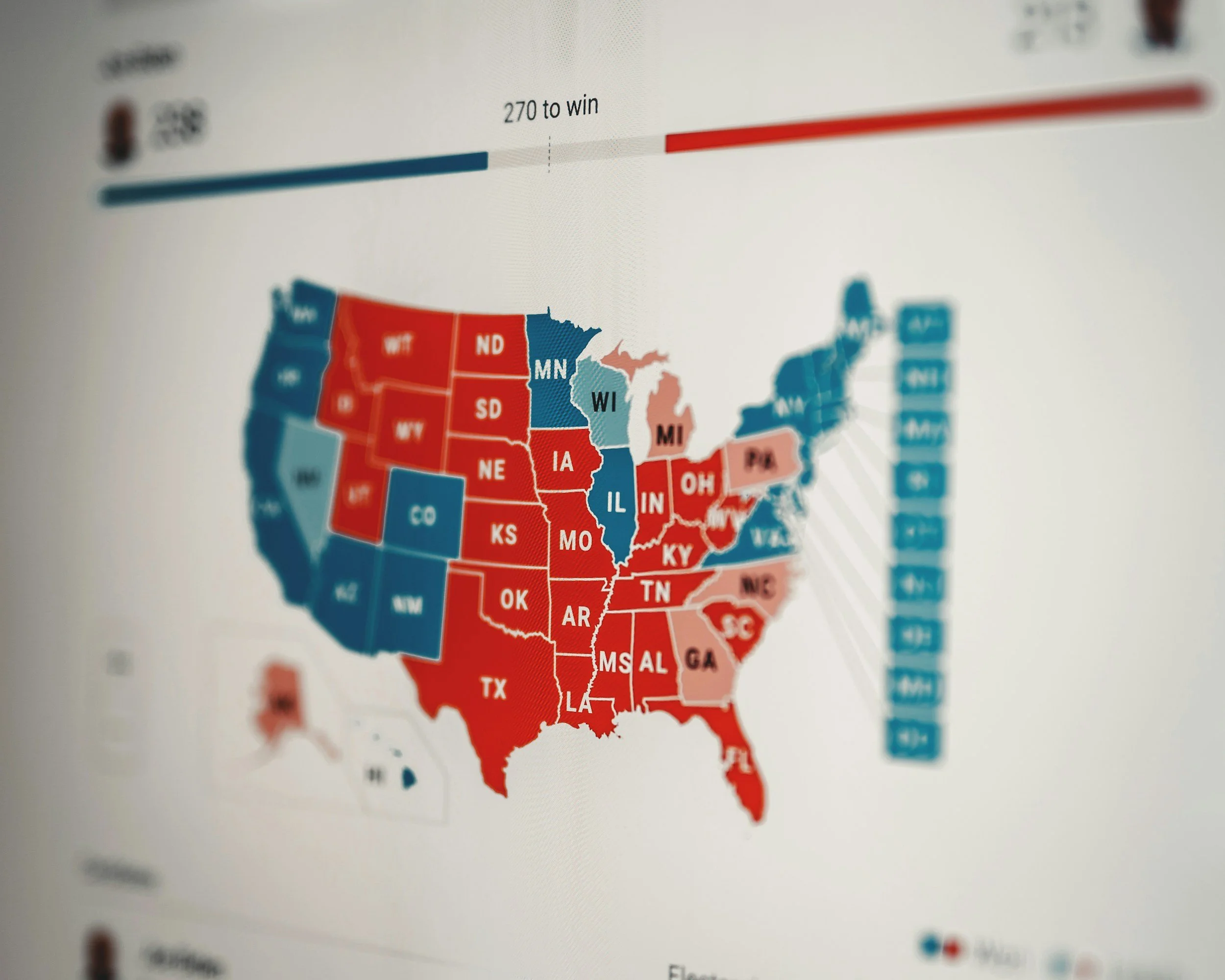White House Asks SCOTUS to Stay Injunction Requiring Grants for DEI and Gender Ideology
The Trump administration has escalated a legal battle over the termination of National Institutes of Health (NIH) grants, asking the Supreme Court to step in and halt a lower court's order that compels the continued funding of research projects linked to diversity, equity, and inclusion (DEI) and gender ideology.
Background
The case, National Institutes of Health v. American Public Health Association, has its roots in a series of executive orders issued by President Trump in early 2025. These orders mandated the elimination of DEI programs from the federal government and an end to federal funding for "gender ideology."
In response, the NIH, a key federal agency for medical research, reviewed its grant portfolio. This led to the termination of numerous grants, including those studying the impact of "structural racism" and the effects of "gender-affirming hormones." The acting NIH Director stated that "amorphous equity objectives are antithetical to the scientific inquiry" and that gender-identity studies "are often unscientific" and provide little return on investment.
Research organizations, a union, individual researchers, and sixteen states challenged these terminations in federal court. A district court in Massachusetts sided with the challengers, issuing an injunction to block the NIH's actions. The court deemed the terminations "arbitrary and capricious" and sharply criticized the administration's policy directives. The U.S. Court of Appeals for the First Circuit subsequently refused to stay the lower court's order, leading to the administration's current application to the Supreme Court.
The Arguments
The administration's request for a stay, penned by Solicitor General D. John Sauer, presents several key legal arguments:
Jurisdictional Challenge: The administration contends that the lower court lacks the proper jurisdiction to hear the case. It argues that the dispute is fundamentally a contract claim against the U.S. government. Under the Tucker Act, such claims are to be heard in the U.S. Court of Federal Claims, not a federal district court. The administration points to the Supreme Court's own recent decision in Department of Education v. California (April 2025), a similar case involving DEI-related grants, where the Court suggested the government was likely to succeed on this jurisdictional argument.
Agency Discretion: The government asserts that the NIH's decisions regarding the allocation of its lump-sum appropriation are "committed to agency discretion by law." As such, these decisions are not subject to judicial review under the Administrative Procedure Act (APA).
Legitimate Policy Shift: The terminations, according to the administration, were not arbitrary. Instead, they reflect a legitimate and democratically accountable policy change following a presidential election. The administration argues that it is not the role of the judiciary to second-guess such policy judgments made by the Executive Branch.
Irreparable Harm: The administration claims it will suffer irreparable harm if forced to continue funding grants it has deemed contrary to its policy. It argues that these taxpayer funds, once disbursed, are unlikely to be recovered.
The challengers, including the American Public Health Association, argue that the grant terminations are politically motivated, harmful to scientific research, and based on a flawed interpretation of the law. They contend that the administration's actions are an overreach of executive power and that the courts have a vital role in checking such abuses.
Why It Matters
This case raises significant constitutional and legal questions:
Separation of Powers: At its core, the dispute is about the balance of power between the Executive Branch and the judiciary. The administration argues that the courts are improperly interfering with the President's authority to set and enforce policy. The challengers argue that the courts are fulfilling their duty to ensure the executive acts within the bounds of the law.
Stare Decisis: The administration has accused the lower courts of engaging in a "spreading epidemic of defiance" of the Supreme Court's precedent in the California case. The principle of vertical stare decisis, which requires lower courts to follow the rulings of higher courts, is a central theme in the government's application.
The Future of Federally Funded Research: The outcome of this case could have far-reaching implications for the future of federally funded research. A ruling in favor of the administration could give the executive branch greater latitude to direct and control the types of research that receive federal funding, potentially aligning it more closely with the political priorities of the party in power.
The Supreme Court's decision on whether to grant a stay will determine the immediate fate of over $783 million in research grants and will set the stage for a broader legal battle over the scope of presidential power and the future of scientific inquiry in the United States.
















In 2022, the Montgomery County Public School Board in Maryland introduced 13 "LGBTQ+-inclusive" storybooks into its elementary curriculum, with 5 aimed at grades K-5. These books addressed themes of sexuality and gender identity. Initially, parents could opt their children out, but in March 2023, the Board eliminated this option, citing disruptions and stigma. Parents from diverse religious backgrounds, including Muslims, Catholics, and Ukrainian Orthodox, challenged the policy, arguing it violated their religious freedom by compelling exposure to ideas contrary to their beliefs. Lower courts denied their request for an injunction, leading to a Supreme Court appeal.